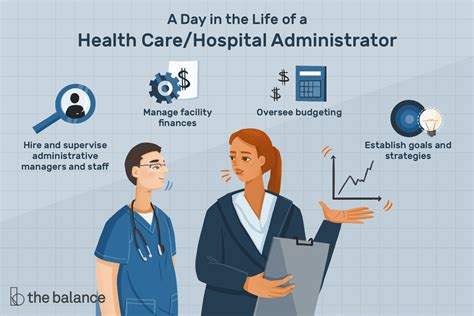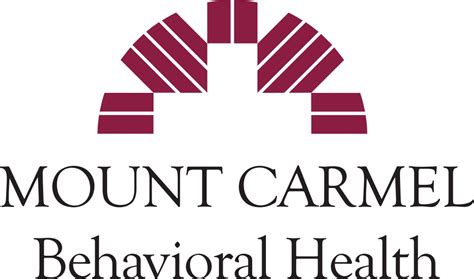Healthcare Management Careers
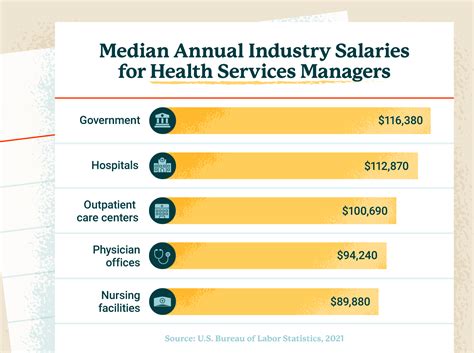
Introduction to Healthcare Management Careers

The healthcare industry is one of the fastest-growing sectors globally, driven by an aging population, advancements in medical technology, and an increased focus on healthcare access and quality. As the industry expands, the demand for skilled professionals in healthcare management is on the rise. Healthcare management careers involve overseeing the operational, financial, and administrative aspects of healthcare facilities, ensuring that patients receive high-quality care while managing resources efficiently. This field combines business acumen with healthcare knowledge, making it a unique and rewarding career path for those passionate about healthcare and leadership.
Types of Healthcare Management Careers
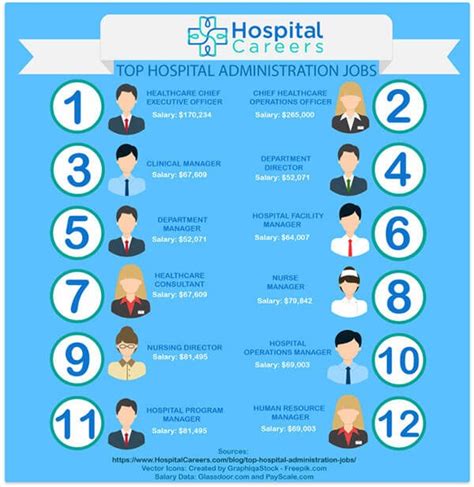
There are various roles within healthcare management, each with its own set of responsibilities and requirements. Some of the key positions include: - Healthcare Administrator: Oversees the daily operations of healthcare facilities, such as hospitals, clinics, and nursing homes. - Health Information Manager: Responsible for the management of health information systems, ensuring data accuracy, security, and compliance with regulations. - Medical and Health Services Manager: Plans, directs, and coordinates the business activities of healthcare providers. - Clinical Manager: Focuses on the clinical aspects of healthcare management, supervising clinical departments and ensuring high standards of patient care. - Healthcare Consultant: Provides expert advice to healthcare organizations on strategic planning, operational improvement, and regulatory compliance.
Education and Training

To pursue a career in healthcare management, one typically needs a combination of education and experience in both healthcare and management. - Bachelor’s Degree: A degree in healthcare management, business administration, public health, or a related field is often the starting point. - Master’s Degree: For advanced roles, a master’s degree in healthcare administration (MHA), business administration (MBA), public health (MPH), or a related field is highly beneficial. - Certifications: Professional certifications, such as the Fellow of the American College of Healthcare Executives (FACHE) or the Certified Healthcare Administrator (CHA), can enhance career prospects and demonstrate expertise.
Skills and Qualities
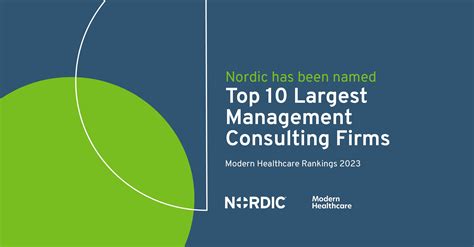
Successful healthcare managers possess a blend of business acumen, leadership skills, and knowledge of the healthcare system. Key qualities include: - Strategic Thinking: Ability to plan and implement strategies that align with the organization’s mission and goals. - Communication Skills: Effective communication with healthcare professionals, patients, and other stakeholders. - Problem-Solving: Capability to analyze problems and develop creative solutions. - Adaptability: Ability to adapt to changing regulations, technologies, and healthcare trends. - Empathy and Compassion: Understanding and empathizing with the needs of patients and families.
Job Outlook and Salary

The job outlook for healthcare management careers is exceptionally positive, with the Bureau of Labor Statistics predicting a significant growth in employment opportunities. Salaries vary based on the position, location, and level of experience but are generally competitive:
| Position | Average Salary Range |
|---|---|
| Healthcare Administrator | 80,000 - 150,000 |
| Health Information Manager | 60,000 - 120,000 |
| Medical and Health Services Manager | 100,000 - 200,000 |

📝 Note: Salaries can vary widely depending on factors such as location, experience, and specific employer.
Challenges and Opportunities

Healthcare management careers come with their set of challenges, including managing financial constraints, regulatory compliance, and workforce shortages. However, these challenges also present opportunities for innovation, leadership, and making a meaningful impact on healthcare delivery and patient outcomes. With the ongoing evolution of the healthcare landscape, professionals in this field must be adaptable, innovative, and committed to lifelong learning.
In wrapping up the discussion on healthcare management careers, it’s clear that this field offers a dynamic and rewarding path for those interested in combining business skills with a passion for healthcare. By understanding the various roles, educational requirements, and key skills needed, individuals can better navigate their career aspirations in healthcare management.
What are the primary skills required for a career in healthcare management?
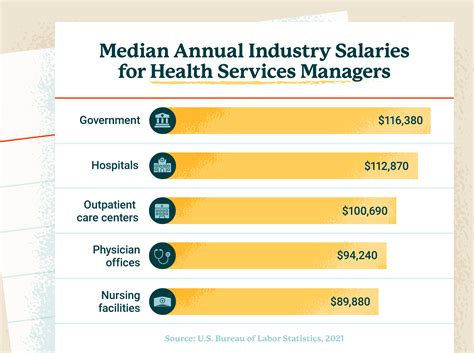
+
The primary skills include strategic thinking, leadership, communication, problem-solving, and adaptability, along with a strong understanding of the healthcare system.
How do I get started in a healthcare management career?
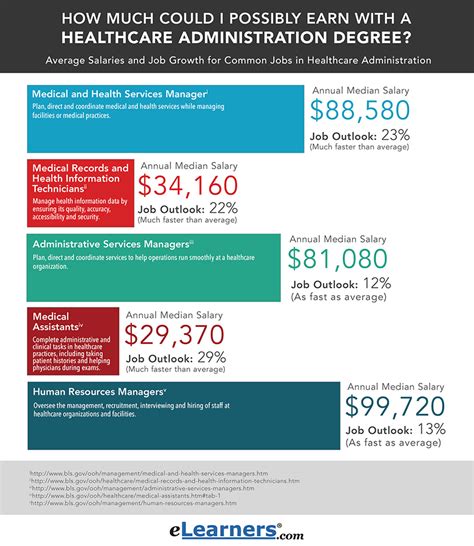
+
Typically, starting with a bachelor’s degree in a relevant field and gaining experience through internships or entry-level positions. Further education, such as a master’s degree, can also be beneficial for advanced roles.
What is the job outlook for healthcare management careers?

+
The job outlook is exceptionally positive, with significant growth predicted due to the expanding healthcare industry and the need for skilled professionals to manage healthcare facilities and services.
Related Terms:
- health care management career opportunities
- health care management jobs lists
